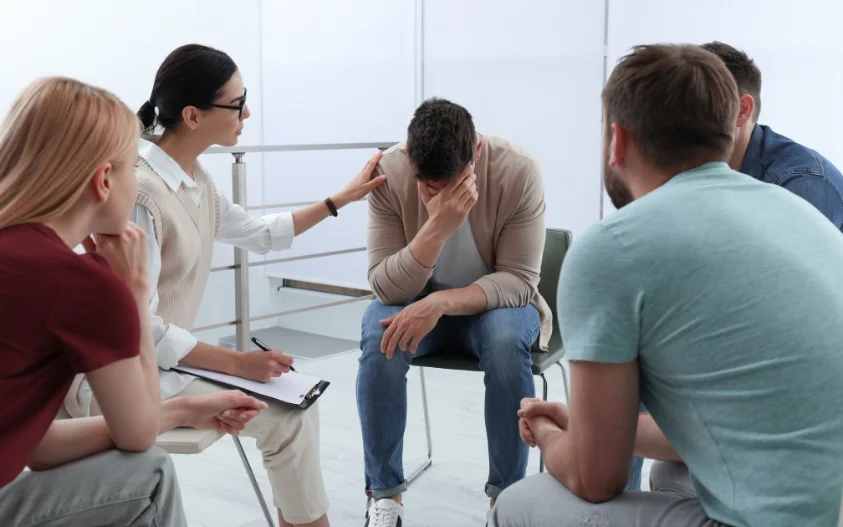24/7 Helpline:
(866) 899-111424/7 Helpline:
(866) 899-1114
Learn more about Inpatient Rehab centers in Morgan County

Eastridge Health Systems
Eastridge Health Systems is a private rehab located in Berkeley Springs, West Virginia. Eastridge He...















Other Insurance Options

Excellus

Ambetter

MVP Healthcare

Amerigroup

Highmark

Regence

UMR
Beacon

Carleon

WellPoint

CareFirst

BlueShield

Optima

UnitedHealth Group

Health Choice

Choice Care Network

EmblemHealth

Oxford

AllWell

State Farm